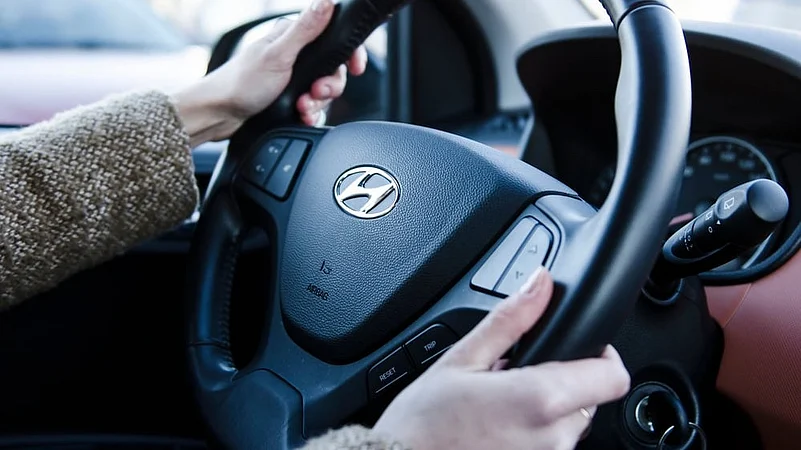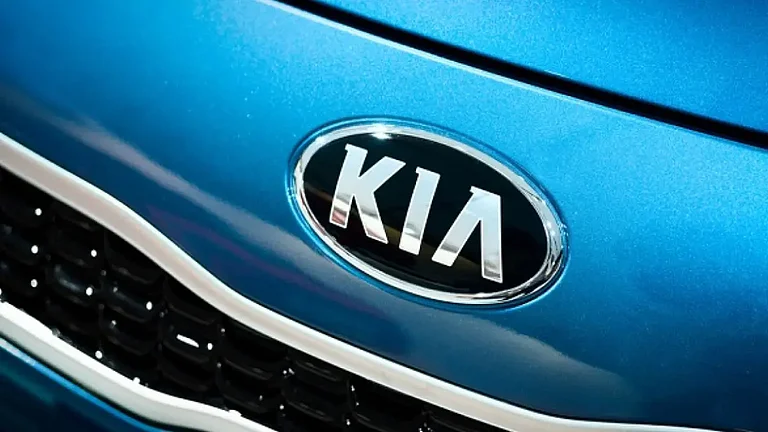A slow ramp-up of electric vehicle (EV) sales for Hyundai and its affiliate Kia in India and increased sales of gasoline-engine SUVs, is obstructing their decarbonisation goals, Greenpeace East Asia said in a report published on January 14.
Between 2018 and 2023, Hyundai and Kia saw a drop in per-vehicle tailpipe emissions in Europe and South Korea, according to Reuters. However, the Greenpeace report highlighted that their emissions increased in at least seven other regions, including India, the world’s third-largest auto market, during the same period.
The two companies collectively hold the number 2 position in India, their fourth-largest market. Hyundai is making significant investments in the country, with a new plant set to become operational in September.
Greenpeace criticised Hyundai and Kia for making "minimal electrification efforts" in India while boosting sales of larger, more polluting vehicles like SUVs. Hyundai currently sells six SUV models in the country, only one of which is electric. While this is comparable to market leader Maruti Suzuki in terms of SUV offerings, SUVs account for two-thirds of Hyundai's total sales in India, compared to Maruti's two-fifths.
Hyundai and Kia’s Sustainability Efforts
Hyundai Motor and Kia have developed the Integrated Greenhouse Gas Information System (IGIS), a platform designed to monitor, quantify and manage carbon emissions throughout the vehicle lifecycle. Using Life Cycle Assessment (LCA) methodology, IGIS tracks energy consumption and collects emissions data from production facilities and suppliers, providing detailed insights into carbon footprints and greenhouse gas emissions across the supply chain.
While Hyundai and Kia are adopting advanced technologies like IGIS to manage emissions systematically, their lack of substantial EV sales in India contradicts their decarbonisation goals. The boosted sales of gasoline-powered SUVs undermine the companies' stated commitment to reducing carbon emissions, highlighting a disconnect between their sustainability aspirations and market strategies.
EV Adoption in India
India’s EV market has shown remarkable growth, crossing the 2 million sales for the first time in 2024, a 24% increase from 2023, when sales stood at approximately 1.6 million units. The penetration of EV in the overall vehicle market rose to 8% in 2024, up from 6.8% the previous year, as per JMK Research.
However, electric car sales saw an 8% decline in September 2024, largely due to a slump in sales from market leader Tata Motors, according to data from the Federation of Automobile Dealers Associations (FADA).






























